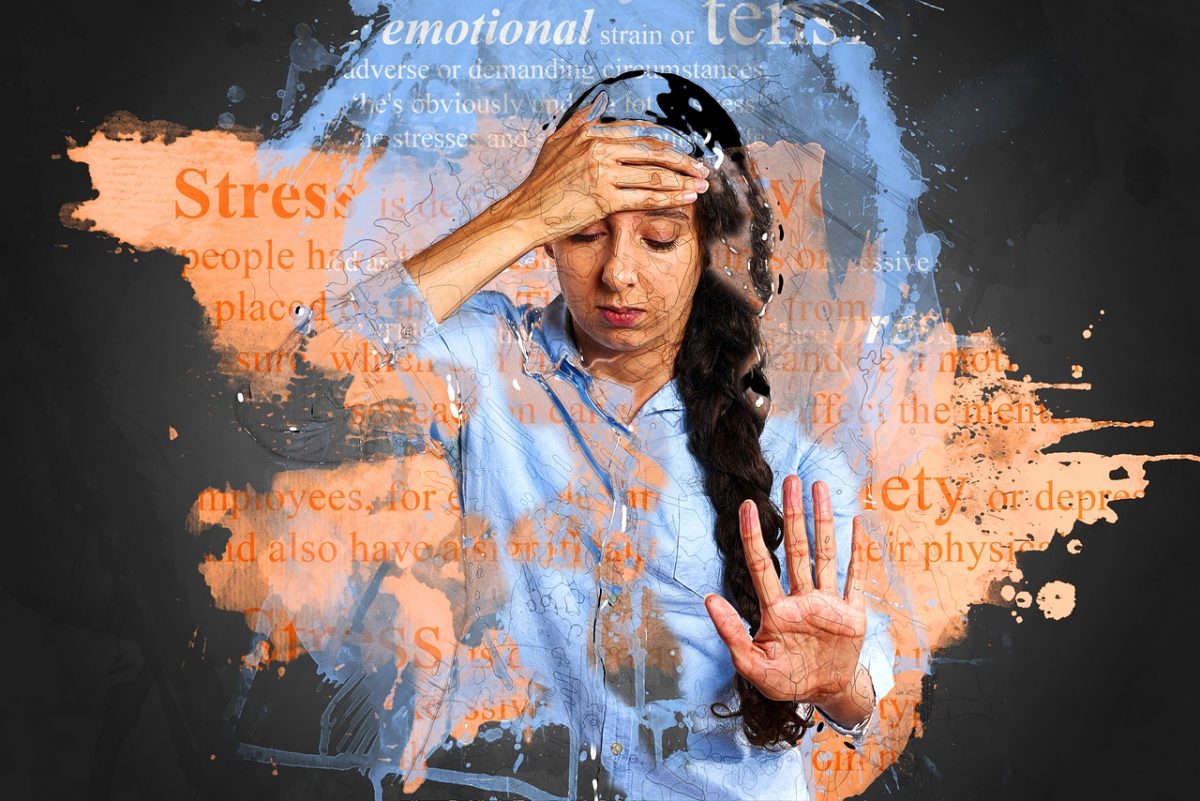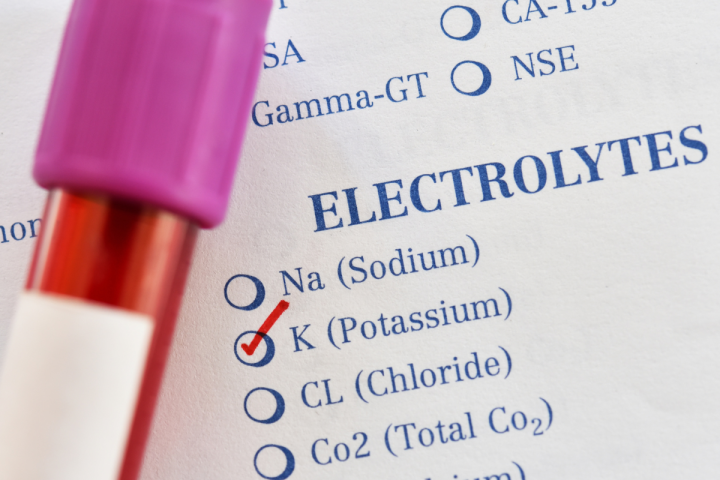As it turns out, apparently physical ailments manifesting themselves in our bodies can be caused by stress. Psychosomatic complaints are often the result of prolonged exposure to stress factors, which, when pushed into the subconscious, result in symptoms in the form of various illnesses. What can we do to help ourselves in this situation?
The appearance of physical complaints, the cause of which cannot be detected by tests, leads to the assumption that a psychological disorder may be the cause. Most people do not realise how much their influence can manifest itself through physical symptoms.
How do psychosomatic illnesses arise?
We live in a time of relentless hustle and bustle, where we constantly have to prove that we are the smartest, most hard-working and better than the competition. The pressure to be an indispensable and perpetually successful human being causes stress, which can trigger a variety of symptoms. These are often emotional in nature, such as anxiety, phobias or depression. However, sometimes physical symptoms also appear, as prolonged exposure to stress factors can also cause various changes in the way the body works. These include headaches or spinal degenerationresulting from jaw clenching or postural changes.
On the other hand, prolonged sitting, which resembles the body's reaction to negative emotions, due to the flexion of the thoracic and lumbar sections of the spine, hyperflexion of the upper cervical region and shoulder protraction can cause our brain to perceive it as a stress-induced position. As you can see, both pervasive stressors and prolonged mental work can lead to the appearance of various psychosomatic diseases.
What is stress?
Stress is a physiological and psychological reaction to a stimulus, causing the body to lose its balance. It often reduces the mental and physical functioning of the body and can lead to chronic diseases, infections and skin problems. Under the influence of a stress reaction, the immune system can start releasing histamine to get rid of these disorders and, for example, attacks the hair follicles, leading to baldness. There is also an increased secretion of cortisol, making it more difficult to process blood sugar and metabolise fat. Consequences of stress can include brain cell death, hypertension, heart attack, as well as stomach ulcers, irritable bowel syndrome, various hormonal disorders, muscle atrophy and a weakened immune system.
Symptoms of long-term stress
Being under prolonged stress often results in symptoms such as:
- neck pain and neck pain,
- headaches,
- chest tightness or palpitations,
- unexplained muscle and joint pain,
- gnashing of teeth in his sleep,
- constipation, or loose stools.
Chronic stress - how to help yourself?
Physiotherapy and rehabilitation not only help with physical ailments, but also support the psyche. They relax muscles, improve blood supply to tissues, reduce soreness and help to relax. Their effect is to reduce the effects of stress and prevent its recurrence. Physiotherapy provides fairly rapid relief and is very effective in treating the effects of stress. It is able to release accumulated tension in the body using osteopathy techniques, for example. On the other hand, a disruption in the harmony between the two parts of the vegetative system can be relieved by manual therapy. For this, mobilisation and manipulation are used, while visceral therapy and craniosacral therapy are used to calm the parasympathetic system.
Psychosomatic physiotherapy treats people with psychosomatic complaints. It focuses on the treatment of stress-related complaints for which no physical cause can be found.
The aim of psychosomatic physiotherapy is usually:
- abolition complaints of pain,
- assistance in understanding the source of the problem,
- sciencesa relaxation.
Physiotherapy also helps to manage stress through the use of a number of complementary treatments, including:
- massage, relaxing, therapeutic or sporting,
- Physical therapy, using electrotherapy, ultrasound and light therapy,
- kinesitherapy, or relaxation gymnastics, which includes both physical and breathing exercises.
In many cases of more serious consequences of long-term stress, psychotherapy proves necessary.





